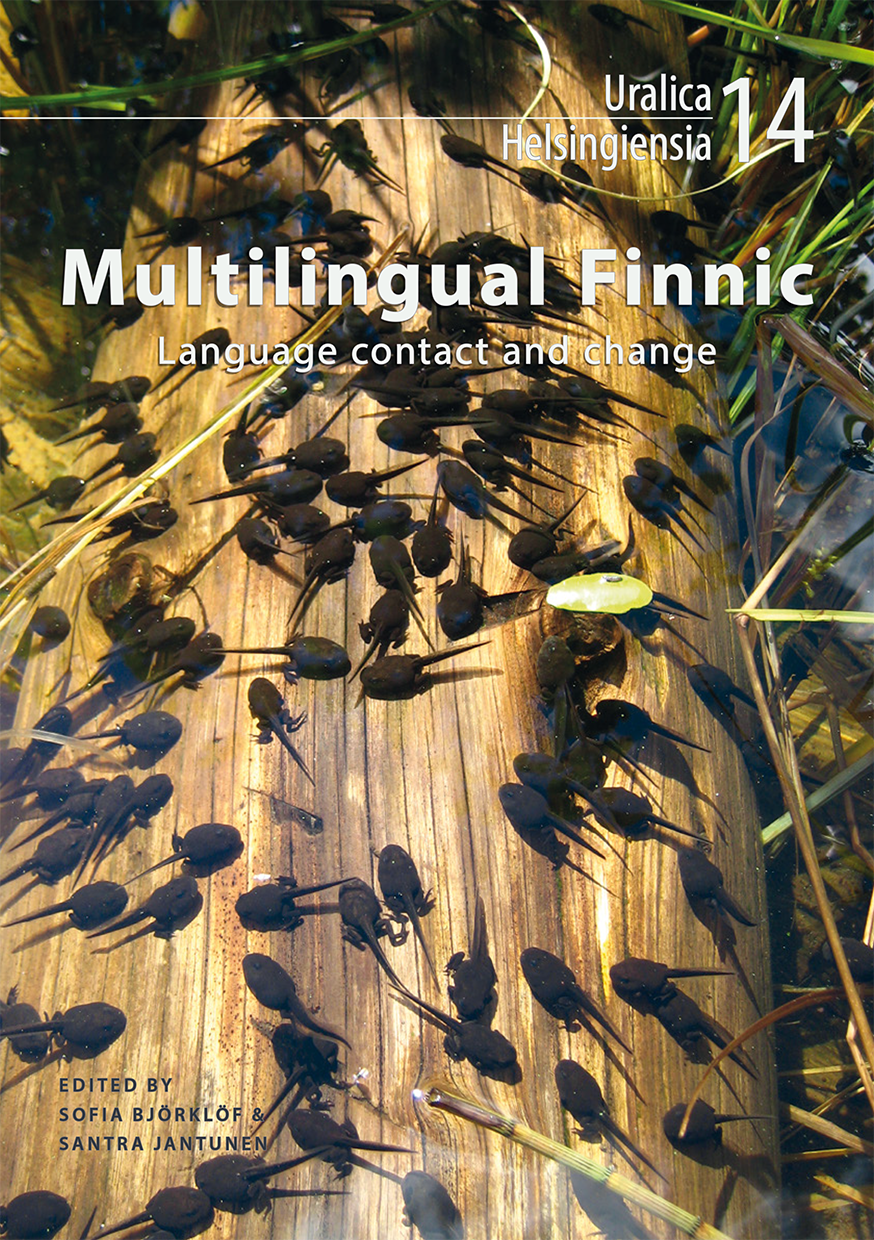Expeditions among the Lutsi Estonians and the design of Language Learning Materials
DOI:
https://doi.org/10.33341/uh.85046Abstrakti
The Lutsi Estonians (Lutsis) are a historically South Estonian-speaking minority that has inhabited a network of more than 50 villages in the historical rural parishes of Pilda, Nirza, Brigi, and Mērdzene surrounding the city of Ludza, in the Latgale region of eastern Latvia, for at least three to four centuries. Between 2013 and 2016, I received funding from the Kone Foundation to document the present state of the Lutsis and to write a Lutsi language primer for Latvian speakers. The first part of this paper gives an overview of previous work on Lutsi followed by a description of the present state of the population of Lutsi descendants as I found it during the period of my Kone-funded research. The second part of this paper describes the Lutsi language primer, beginner’s grammar reference, and dictionary, which were the other main products of this research and discusses plans for their future use. The first extensive documentation of the Lutsis, their culture, and language was undertaken by researcher Oskar Kallas in 1893. Relatively substantial subsequent documentation of Lutsi was carried out over subsequent decades as the Lutsi population continued to be assimilated primarily into the Latvian speakers of their home region. The last fluent speaker died in 2006 and the last known passive partial speaker died in 2014. Presently, some fragmentary knowledge of Lutsi survives among descendants; however, the Lutsi Estonians today have shifted entirely to using Latvian, and less frequently also Russian, as their primary language.




